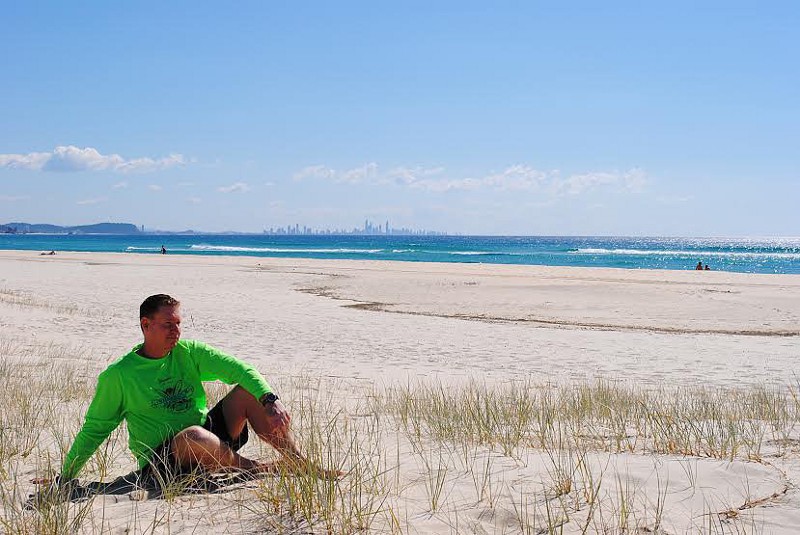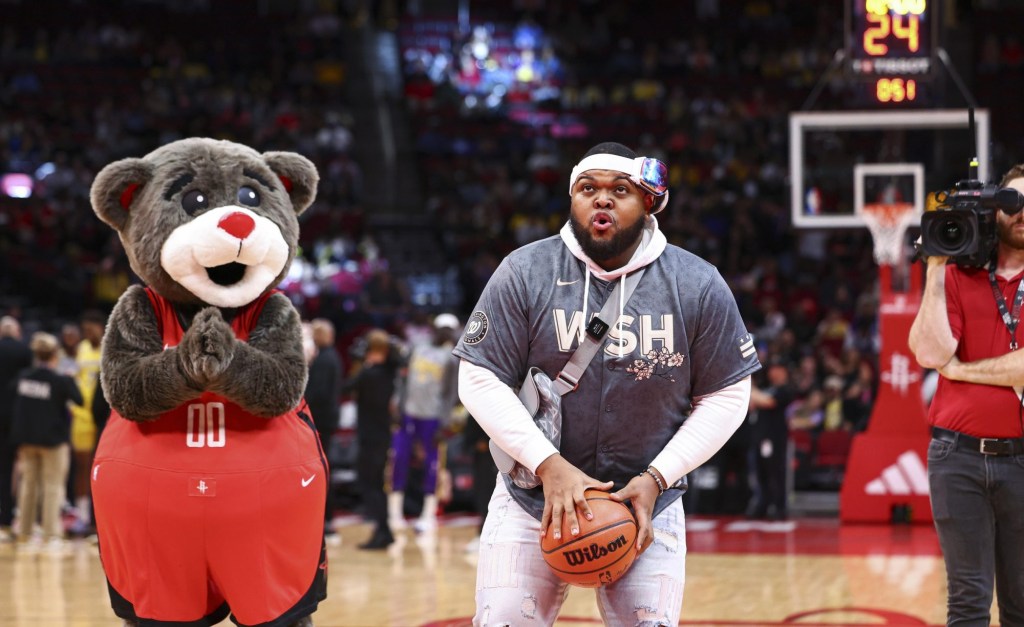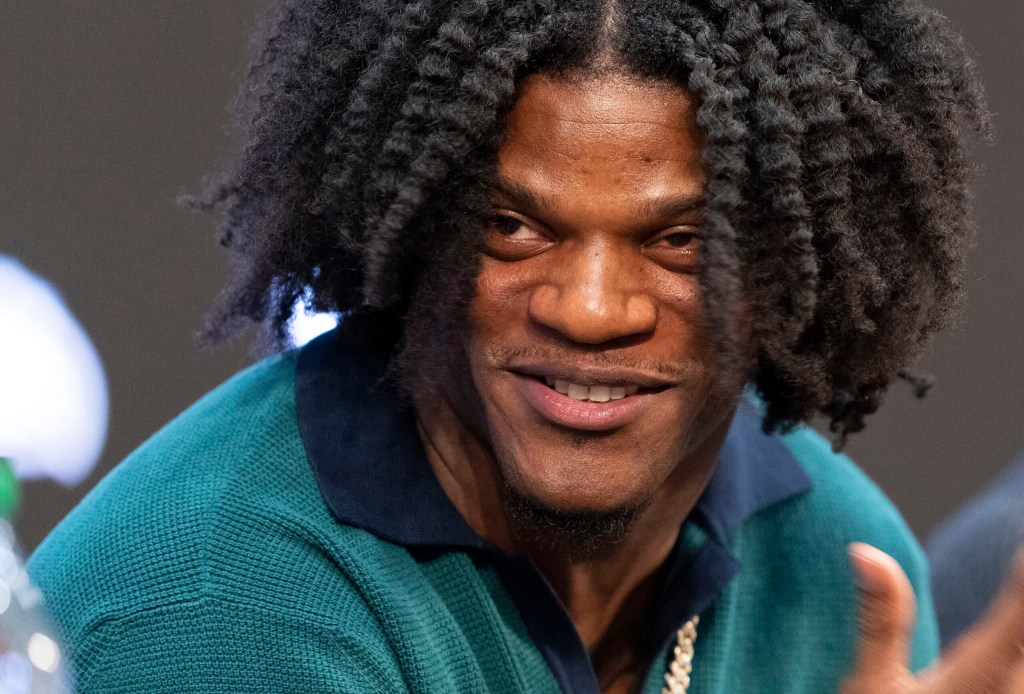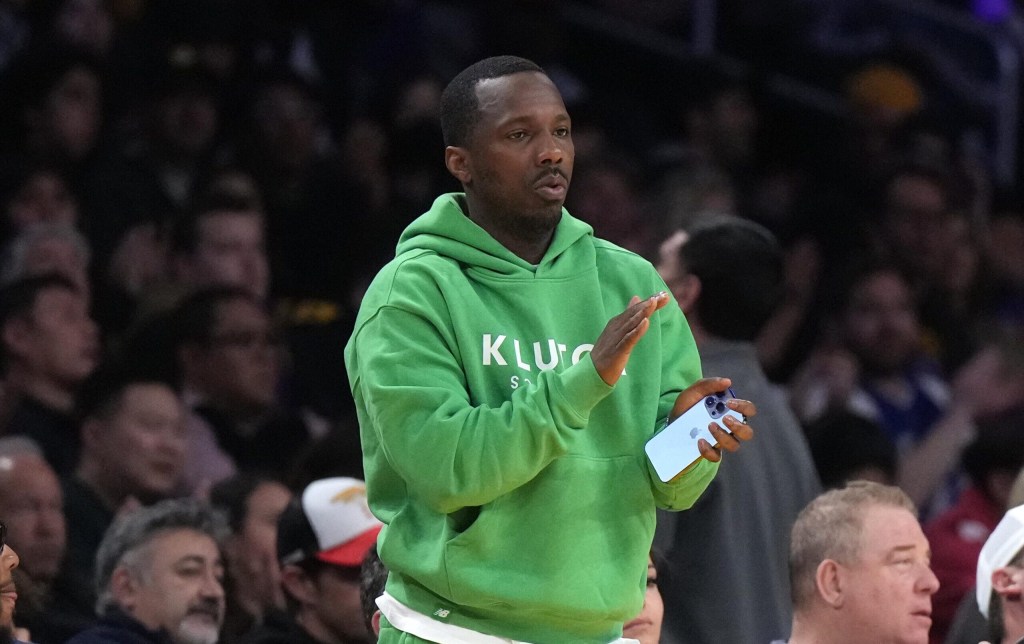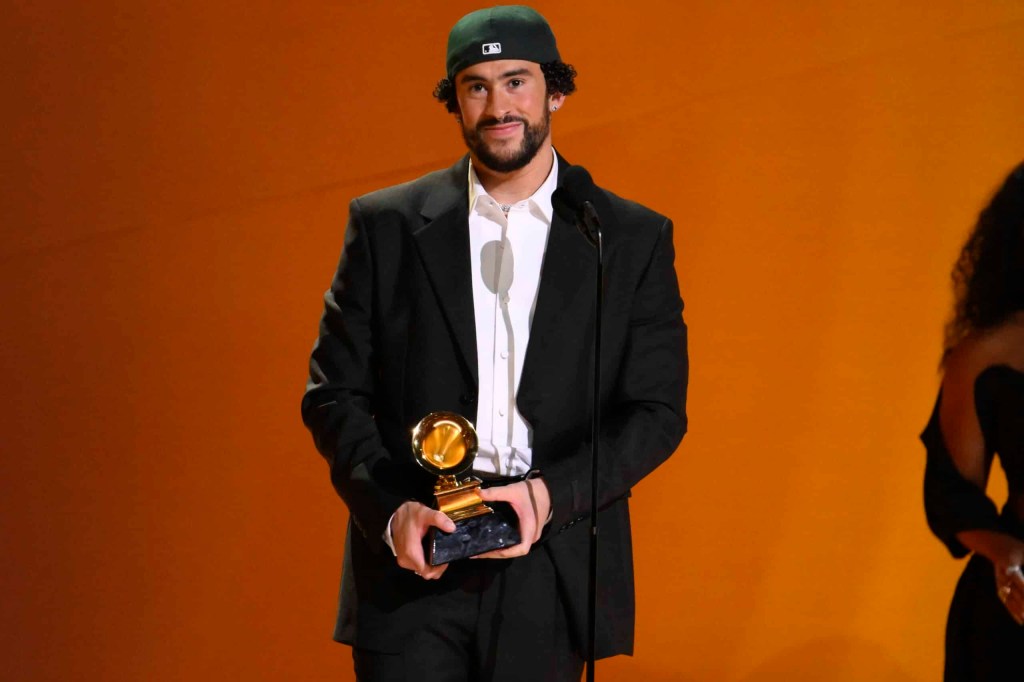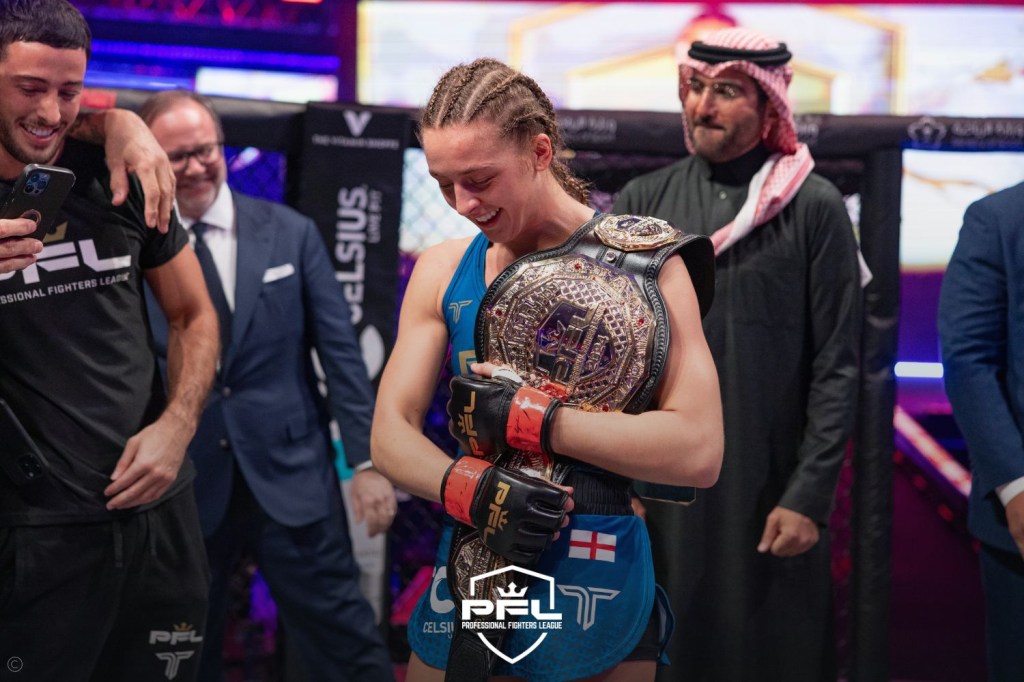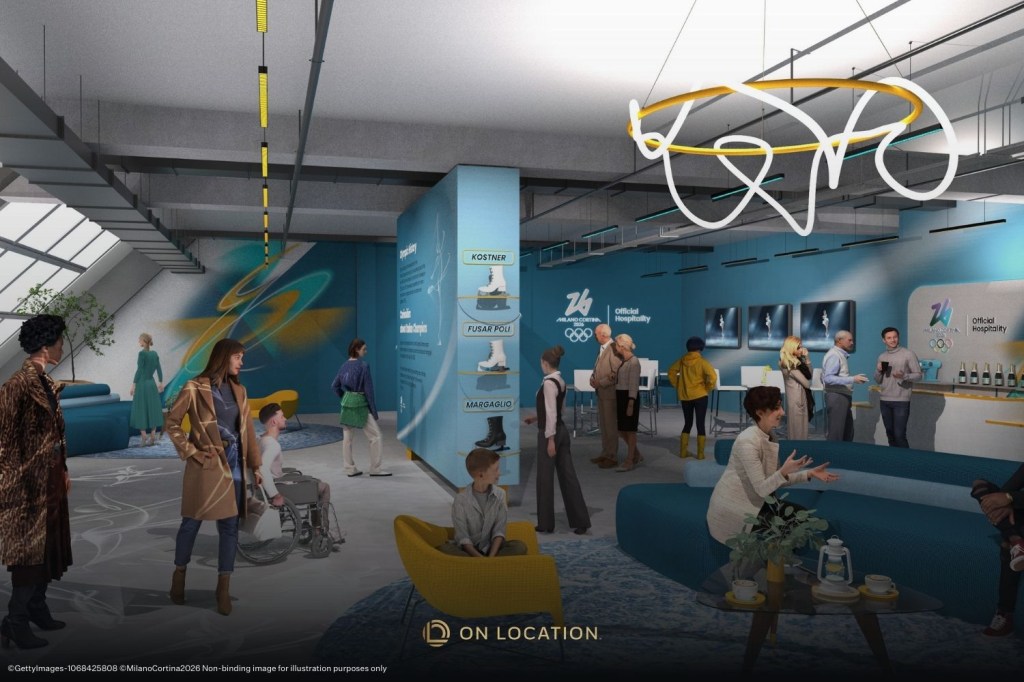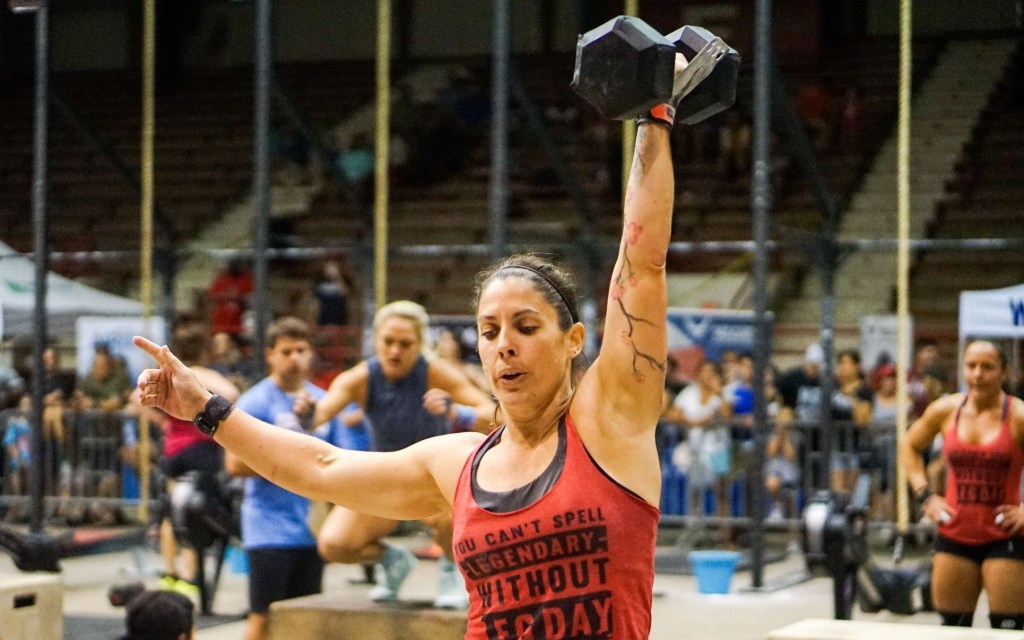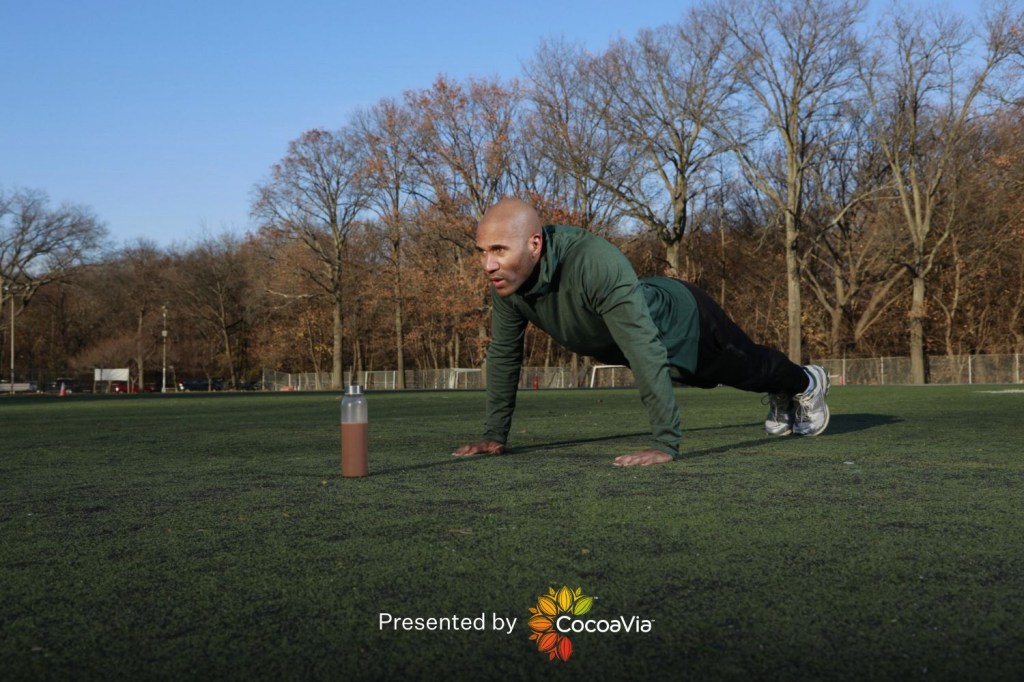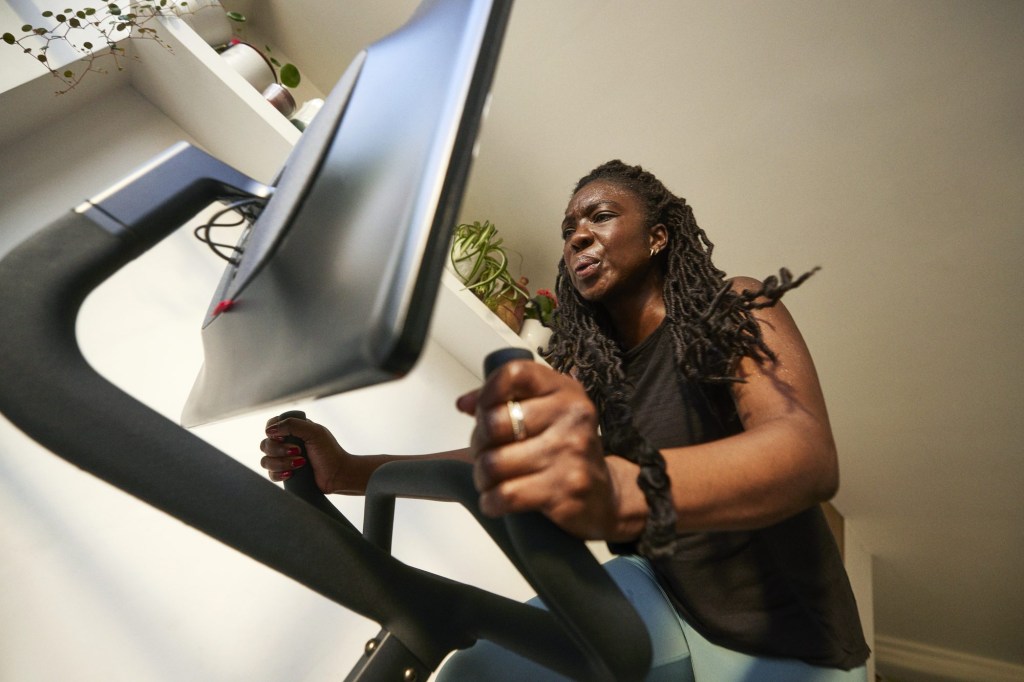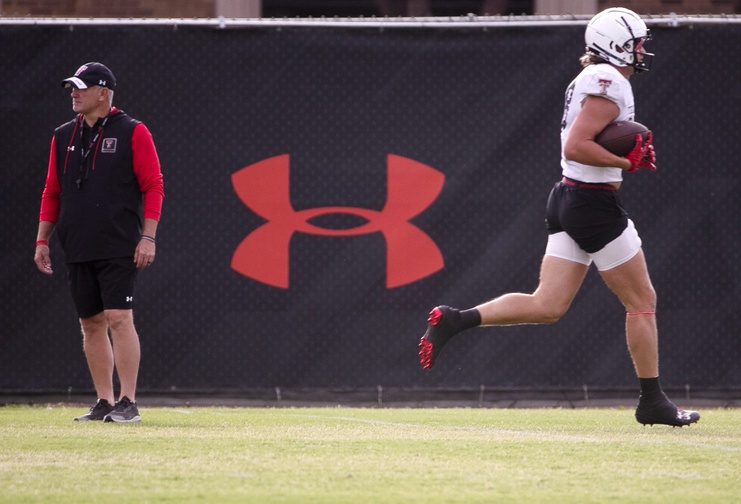By: Adam White, @FOSAdam

Front Office Sports is proud to have sat down with Paul Barry, an Elite International High Performance Sports and Strength & Conditioning Coach. Paul is a graduate of both Otago University where he received a degree in Business, Commerce and Accounting as well as Massey University where he received a degree in Communication Management. He has over seven years of coaching experience and he was kind enough to offer up his insight on how important networking is, what an average day is like in his position and why good communication skills are vital for success.
How did your previous positions help you get to where you are today?
I have held numerous positions in Business and Law in both New Zealand and Australia prior to my current position. These positions were with government departments in the Justice and Attorney Generals Department — Courts Division in both counties as well as in Corporate National Office’s of Multi National Companies the largest of which had offices in 40 countries. Again, I worked within private corporations in both New Zealand and Australia. In my early 20’s, I served in various roles moving up the ladder into middle management and then senior management roles in both government and private sector primarily focusing in criminal and civil litigation.
Serving numerous years in the business management and legal field, helped me develop the strength of character and self belief required to move out of a field I was very good at. Although having held many great positions, with excellent opportunities and some flash position titles, I never felt that I was doing something that I was truly passionate about and loved doing. The greatest aspect all the previous positions gave me to get to where I am today was the drive, trust and confidence in myself to take a giant leap into the unknown from a career that I knew and was comfortable in.
What is an average day like for you? What are some of your day to day challenges?
There are a few aspects that I do daily. Generally, I don’t have average days or routine days though as there are too many variables that interplay. Most days include communicating with athletes by email, phone or Skype and at times their management agencies and sponsors or potential sponsors. I also deal with numerous other communications as well. It’s not always possible but I try to fit in some quality time each day for me, which includes beach walks or runs, gym and a coffee with friends. I also swim as often as I can in the ocean.
What is your favorite part about working in the sports industry?
Being in a position where you have diverse skills, knowledge and talent to build a partnership with an elite athlete or a team of elite athletes. Creating world class programs that are process focused which take athlete’s performance to new levels and provide a pathway that allows them to reach, and at times surpass, their goals and dreams. Having the opportunity to meet and work with some amazingly talented and focused athletes and make some great friendships during the journey.
What are some tips you have for people who are trying to become successful in the sports industry?
Aim high but accept your place, show respect, earn respect and be patient. While on the way up, be a sponge and soak up every bit of knowledge you see, read or hear. Make a point to continually learn and refine. For example, I have a goal each week to learn something new or review part of my program so that I improve by a small % of 1% weekly. Over time, develop your own unique style and way of doing things. While in this constant process of soaking up knowledge and refining your brand, ensure you consciously choose to fully let go of anything that no longer fits or adds to your program. Diversity and uniqueness rises to the top! Copycats rarely do! There are always unique coaches that think outside the box and create new frontiers keeping you always behind them similar to how technology is these days. Look to get a minimum of at least one and up to three or four mentors in different, but relevant areas to your career.
How important is networking?
Building a network today is essential regardless of the industry you are in. In sport, you can never have a network that is too big. While I personally hold diverse qualifications and have many years experience in both business and elite sports coaching, I have regular contact with people within my networks on a daily basis. Although I have been reasonably successful to date, I am always open to new opportunities in areas relating to sport or have some cross-over with the sports industry. Due to the global networks I have built and continue to grow, opportunities present themselves on a consistent basis.
What is the best career advice you’ve been given so far?
The best career advice I have ever been given was earlier this year from one of the World’s most accomplished International Swimming Coaches whose career spanned many decades. He was Head National Coach in three different Countries, all with successful programs that produced some of the best swimmers ever seen on the world stage. His advice although simple was very poignant to my situation. He told me to always believe in myself, to follow my heart and to never settle for second best. He also said to be patient and commit fully to my chosen direction and stay on that path no matter what and at some point everything will come to fruition.
If you had to hire someone right now, what traits would the ideal candidate poses to succeed in the sports industry?
The number one area I would be targeting would be why they are wanting to get into the sports industry, what their expectations are, what they feel their key strengths are to add value and most importantly I would be listening carefully to their answers to a few specific questions formatted to find out what their key drivers/motivations are for a career in sports. They would have to have excellence in all forms of communication especially active listening skills. You can know all the theory, have many degrees and masters but it you are unable to deliver and communicate the right knowledge, in the right manner, and at the right time to the right people, you will struggle to get to first base within the sports industry at even the higher amateur levels.
What would be one thing that you would want to see on a resume?
If I had to name one thing, I would go with communication skills in its broader meaning, closely followed by confidence, self belief and desire. To be a great coach, you have to be a great communicator in many aspects of the word communication. This brings in fields from speaking one on one to teams, groups, sponsors and media. It includes motivation, active listening, knowing what to say, how to say it, when to say something and, at times, when silence is the most amazing tool. It is essential that you can convey everything you do accurately, efficiently and with clarity.
We would like to thank Paul for his time and insight!
